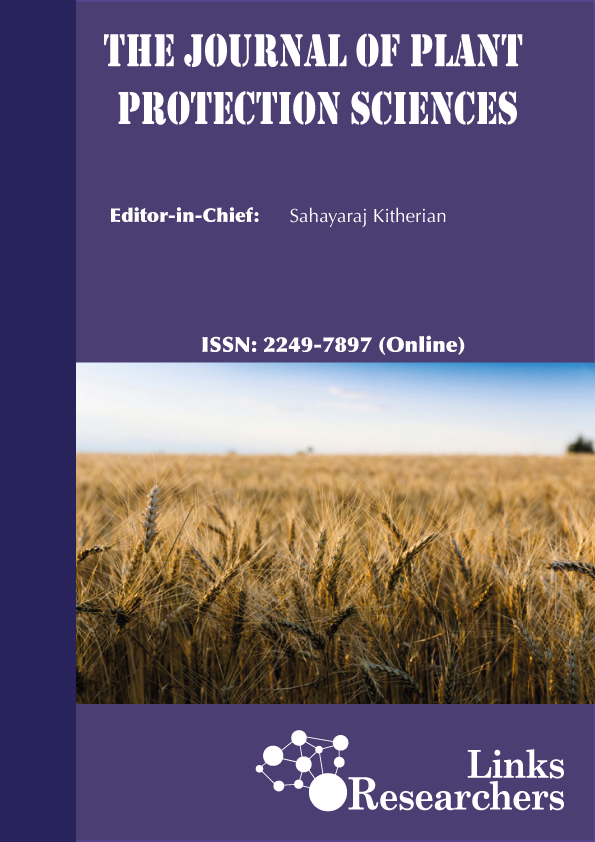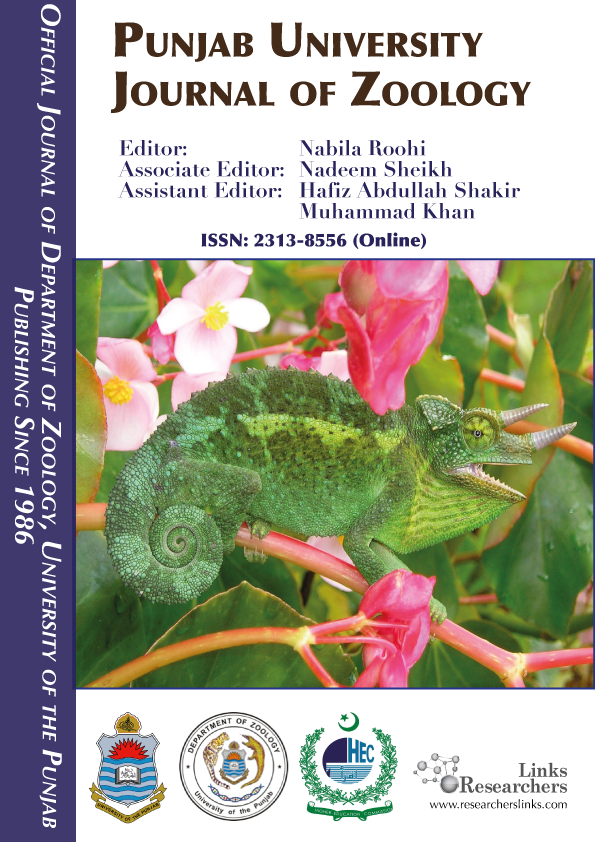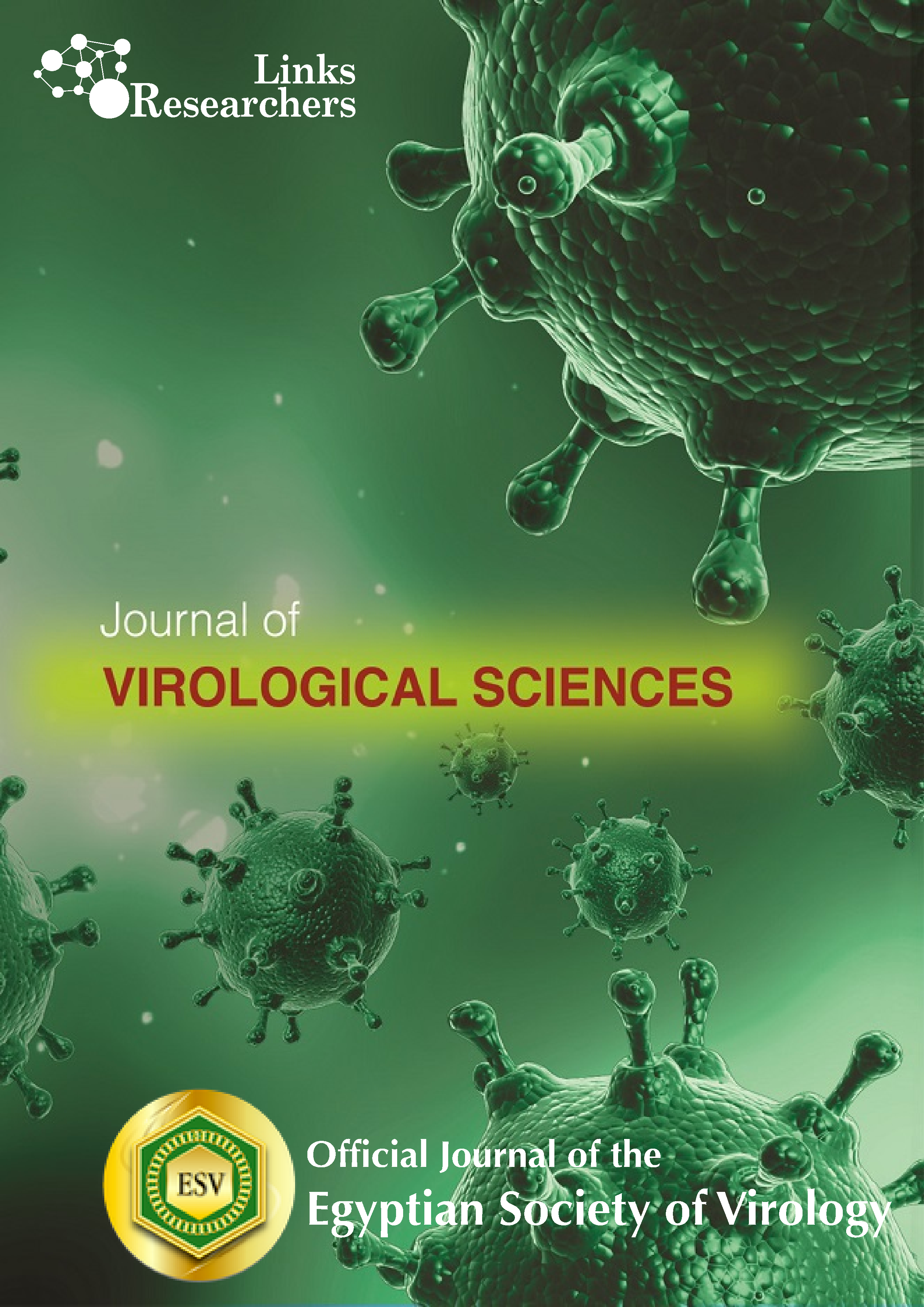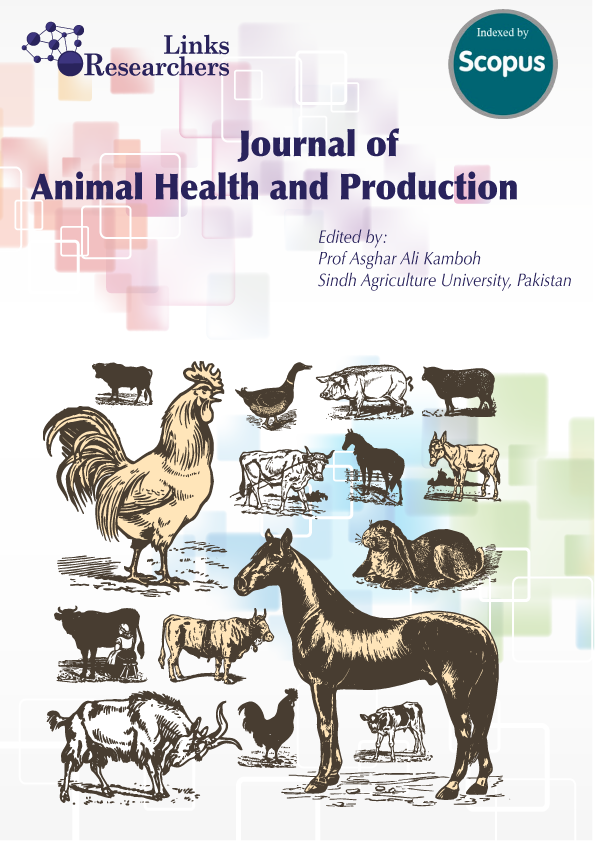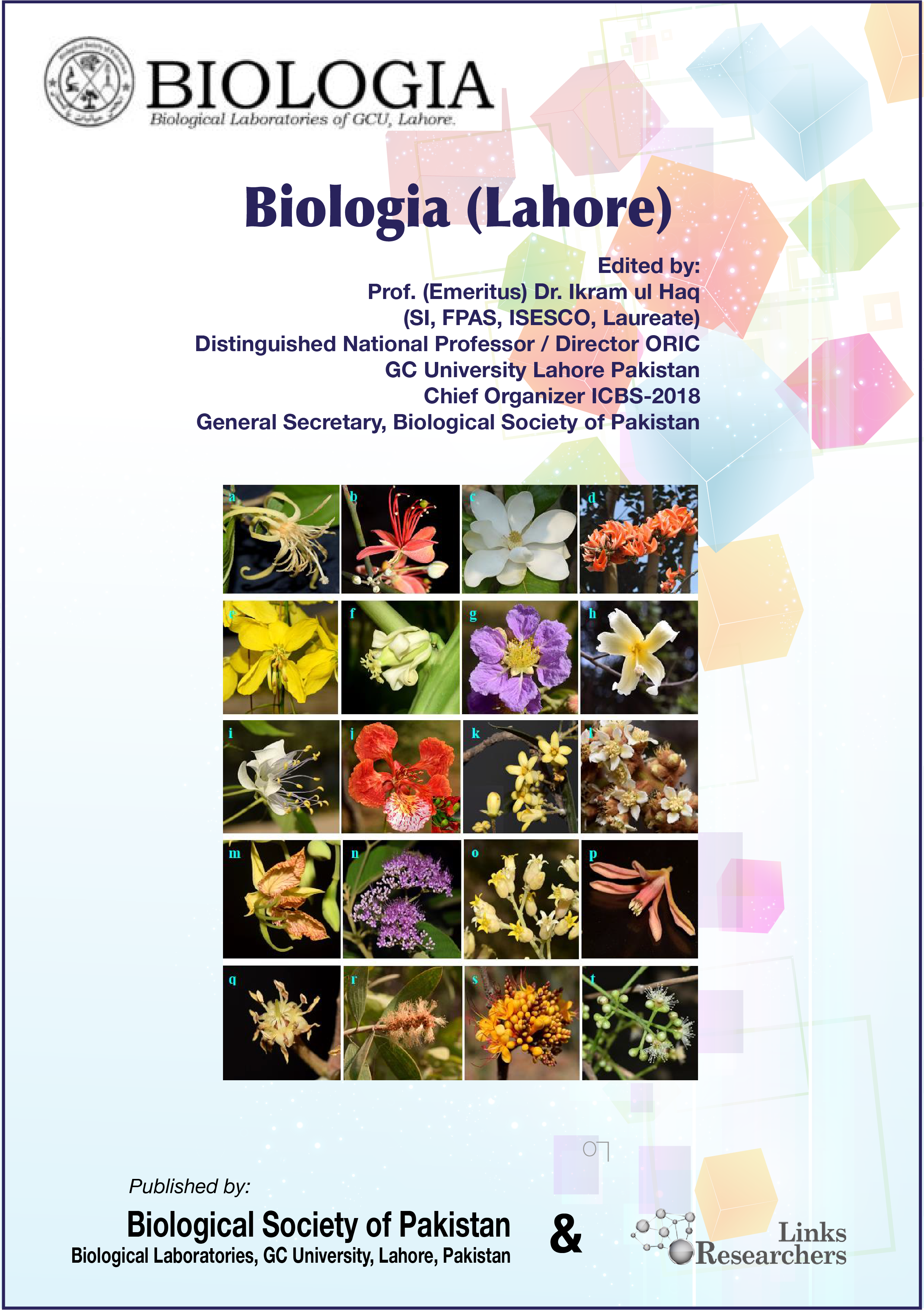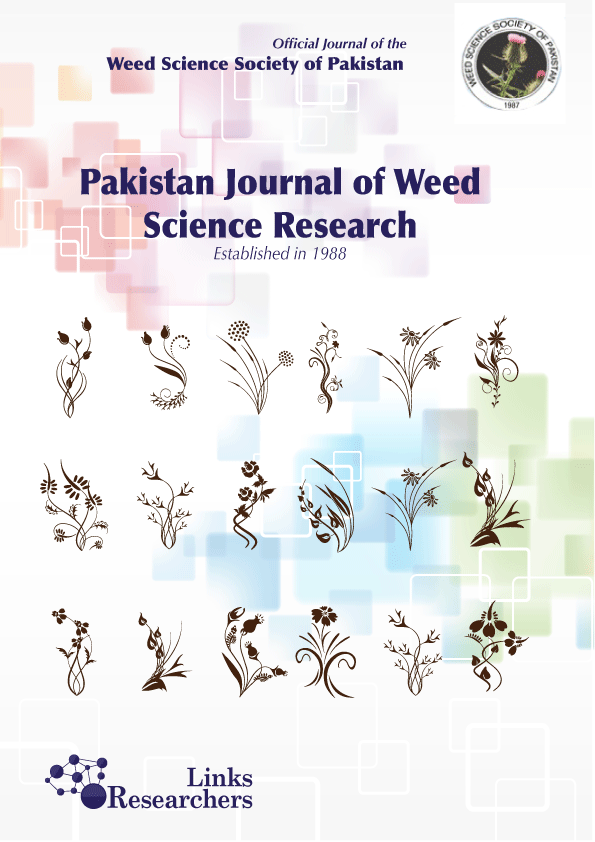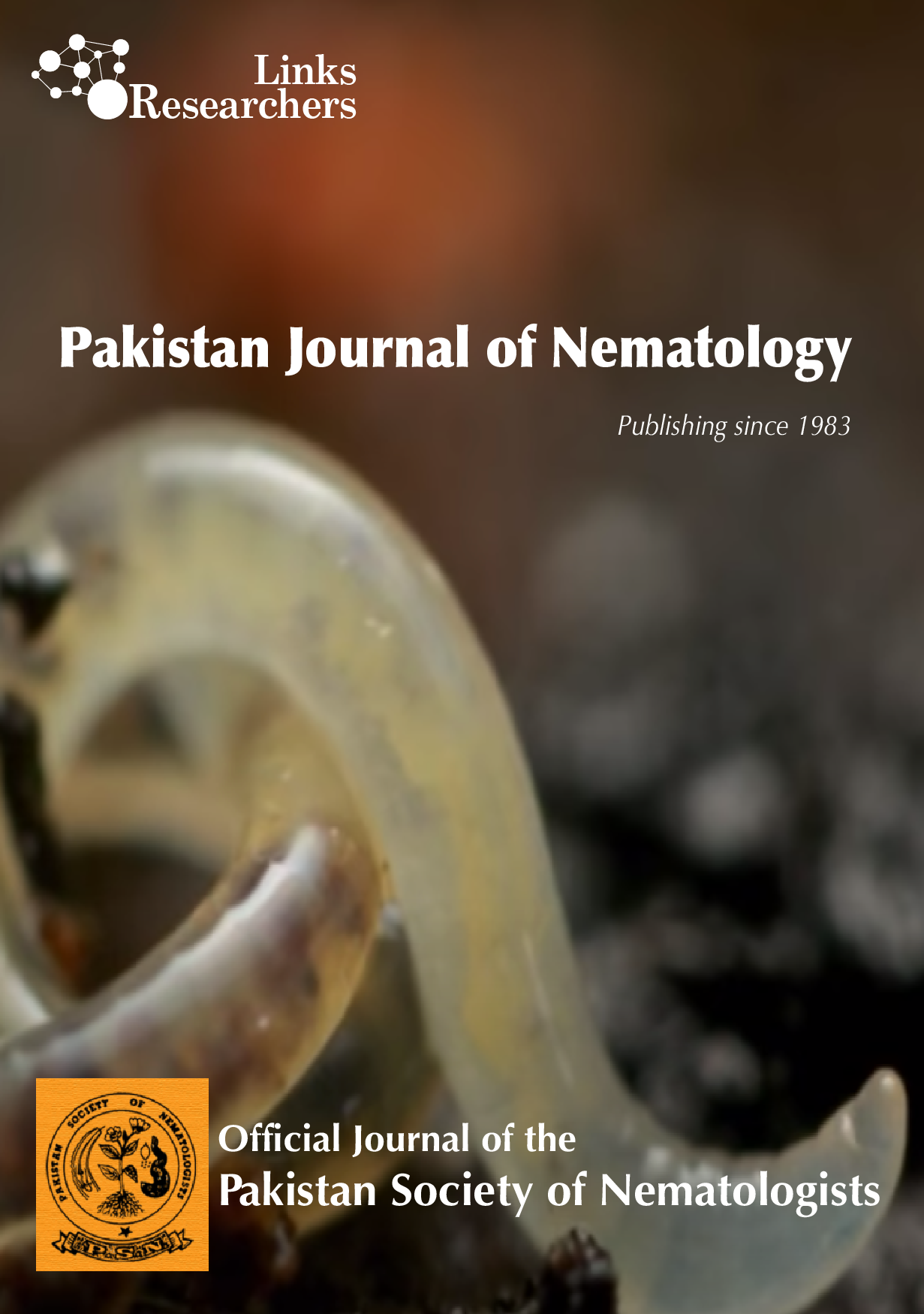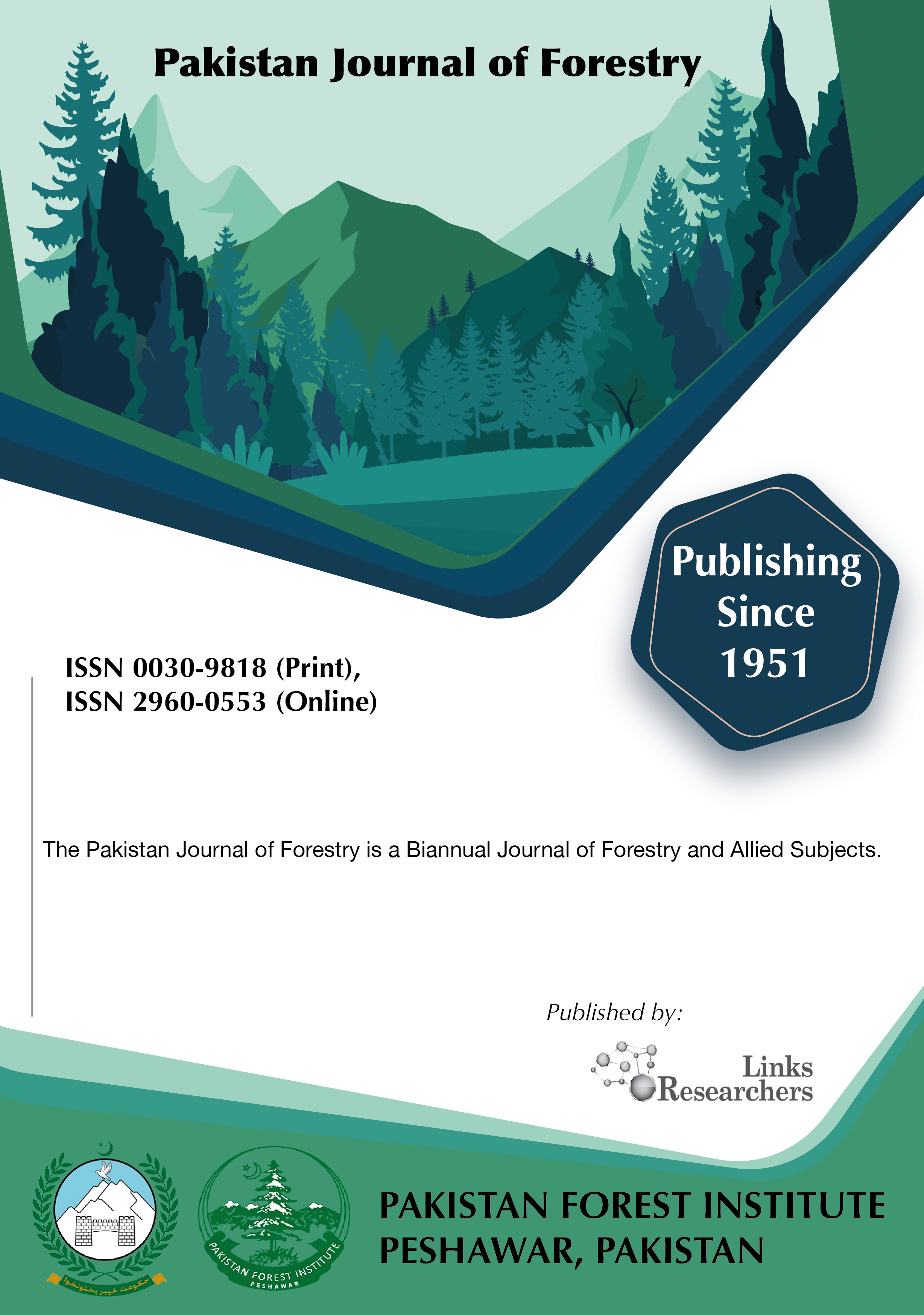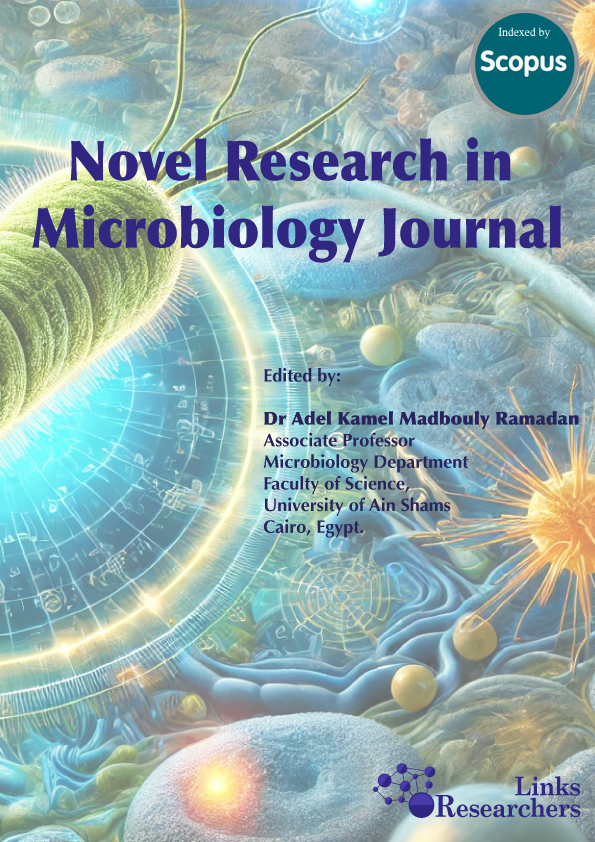Safdar A. Wahocho, Tanveer F. Miano, Noor U.N. Memon and Niaz A. Wahocho
Waqas Ahmed Dogar2, Arshad Ali Khan3*, Saeed Ahmed2, Sudheer Tariq2, Mukhtar Ahmad2, Muhammad Imran2, Muhammad Noman2 and Nadeem Khan1
M.K. Pandit,P. K. Pal and B. K. Das
Nilesh Suresh Gole and Bijan Kumar Das
S. Pal and I. Sarkar
Sadia*, Abdur Rab, Sayyed Hamad Ahmad Shah, Irfan Ullah, Farida Bibi and Islam Zeb
Muhammad Iqbal, Jalal-ud-Din*, Muhammad Munir** and Mohibullah Khan***
Khalid Mahmood Qureshi, Fakhar ul Hassan, Qamar ul Hassan, Usman Shaukat Qureshi, Saman Chughtai and Adnan Saleem*
Sajida Taj*, Muhammad Tariq Iqbal Khan**, Mazher Abbas and Arshed Bashir***
Tahir Abbas, Bushra Nawab, Rahila Nazli, Rubina Saleem, Amrat Lal and Khalid Jamil*
Sara Khalid*, Khalid Mahmood Qureshi*, Ishfaq Ahmad Hafiz*, Khalid Saifullah Khan* and Usman Shaukat Qureshi*
Rabeea Tariq*, Khalid Mahmood Qureshi*, Imran Hassan*, Muhammad Rasheed* and Usman Shaukat Qureshi*
Quratulain*, Muhammad Aslam**, Muhammad Khalid Rafique*, Mian Atiq Ahmad* and Rashid Mahmood***
Salar Khan Yousafzai*, Shah Masaud Khan*, Khalil ur Rehman**, Junaid Khan*, Sher Aslam Khan*, Ijaz Hussain* and Ishrat Naz***
Shagufta Andleeb*
Hamid Ali, Muhammad Arshad, Ibad Ullah Jan, Muhammad Zamin*, Junaid Khan, Ikram Ullah and Mushtaq Ali
Ammara Saeed* and Noor-ul-Amin
Masood Ahmad* and Abdur Rab
Muhammad Shahzad Akbar*, Maria Aslam, Muhammad Rehan Khalid, Shahid Iqbal, Muhammad Luqman and Muhammad Zeeshan Majeed
Nosheen Noor Elahi1, Muhammad Shafique1, Muhammad Imtiaz2, Umer Farooq3* and Muhammad Rashid1
Muhammad Zamin1*, Abdullah Khan1, Ibadullah Jan1, Fazli Rabbi2, Shahen Shah3, Rashid Ali1, Kaleem Ullah1 and Muhammad Amin4
Muhammad Zamin1*, Fazli Rabbi2, Shahen Shah3, Muhammad Amin4, Haroon Ur Rashid5, Hasnain Alam6 and Sabahat Ali1
Sikander Hiyat1, Nazim Hussain1, Muhammad Ishaq Asif Rehmani2*, Muhammad Nasir Abbas2, Smana Raza3, Javed Shabbir Dar4 and Tauqeer Ahmad Yasir5
Ali Hazrat1*, Mohammad Nisar1, Khan Sher2, Jehandar Shah2, Tour Jan1 and Abid Ullah1
Shaiza Rasool1, Iftikhar Ahmad1*, Khurram Ziaf1, Irfan Afzal2, Muhammad A.S. Khan1, Muhammad Aashir Sajjad1 and Muhammad Zain Ali1
Muhammad Zamin1*, Anees Muhammad1, Ibadullah Jan1, Hidayat Ullah1, Shahen Shah2, Muhammad Amin3 and Haroon Ur Rashid4
Muhammad Zamin1*, Anees Muhammad1, Ibadullah Jan1, Hidayat Ullah1, Shahen Shah2, Muhammad Amin3 and Haroon Ur Rashid4
Agustine Christela Melviana1, Rizkita Rachmi Esyanti1*, Roy Hendroko Setyobudi2, Maizirwan Mel3, Praptiningsih Gamawati Adinurani4 and Juris Burlakovs5
Samia Ikram1*, Riaz ur Rehman1, Farwa Batool2 and Atyab Amjad3
Sajid Ali1, Abdul Basit1,3*, Abdul Mateen Khattak1, Syed Tanveer Shah1, Izhar Ullah2, Noor Alam Khan3, Imran Ahmad1, Kamran Rauf1, Salman Khan1, Irfan Ullah1 and Intizar Ahmad1
Muhammad Tariq Mahmood1*, Muhammad Akhtar2, Mushtaq Ahmad1, Muhammad Saleem2, Ali Aziz2, Irfan Rasool2, Zeshan Ali3 and Muhammad Amin2
Syed Ismat Hussain1, Muhammad Ramzan Asi1, Habbib Anwar1, Faqeer Ahmad1, Ateeq ur Rehman2*, Muhammad Shahid3, Syed Atif Hasan Naqvi2*, Ummad ud Din Umar2, Muhammad Asif Zulfiqar4, Memuna Ijaz1 and Hafiz Usman Shakir1
Fahrauk Faramayuda1,2*, Totik Sri Mariani3, Elfahmi1,4 and Sukrasno1
Mokbel, Samah A.1,Ahmed K. El Attar1; Azza G.Farag2.
Sahar A. Youssef1; Manal A. El-Shazly1,2; Azza G.Farag1,3; Eman A. Khattab1,2
Gulzar Ullah* and Gohar Ayub
Muzamil Farooque Jamali1, Fayaz Ali Jamali1, Tanveer Fatima Miano1, Zulfiqar Ali Abbasi2, Sohail Ahmed Otho3, Khalid Hussain Talpur4, Niaz Ahmed Wahocho1 and Muhammad Iqbal Jakhro5*
Samreen Khan*, Salma Javed, Tabassum Ara Khanum, Nasira Kazi
Mudssar Ali1*, Muhammad Awais Ahmad1, Asif Sajjad2 and Shafqat Saeed1
Shorouk Aladdin Helmy1, Hossam Mahrous Ebeid2*, Mohamed Ahmed Hanafy1, Adel Eid Mohamed Mahmoud1, Reham Roshdy Ali El-tanany1
Muhammad Furqan and Zulfiqar Ali
Mudssar Ali1*, Muhammad Awais Ahmad1, Asif Sajjad2 and Shafqat Saeed1
Nguyen Hai Quan, Nguyen Huu Van*, Nguyen Thanh Thuy, Vo Thi Minh Tam, Le Duc Thao, Le Duc Ngoan
Keywords | Sunflower, Biomass yield, Nutritive values, Additives, Ensiling.
...Hafiz Kashif Ali1, Iftikhar Ahmad1, Mujahid Ali2*, Zahoor Hussain3, Muhammad Ather Nadeem4, Malik Abdul Rehman5, Barkat Ali6, Muhammad Iftikhar7
Samina Kausar1, Rana Badar Aziz2, Muhammad Waseem3, Muhammad Ahmad3, Hamza Shafiq4, Muhammad Asim5, Usama Zia6, Sobia Afzal7, Wanpeng Xi8*, Mansoor Hameed1* and Muhammad Usman Shoukat9
Adel B. Salama and Reham M. Sabry*
Mahpara Fida Ahmed1, Abdul Hanan2* and Sher Ahmed2
Malik F.H. Ferdosi1*, Arshad Javaid2, Iqra Haider Khan2 and Muhammad Kaleem Naseem1
Arshad Javaid1*, Iqra Haider Khan1, Malik F. H. Ferdosi2, Aneela Anwar3 and Mujahid Manzoor4
Muhammad Nadeem1, Jamshaid Iqbal2, Tariq Mustafa3, Gul Rehman2, Muhammad Faisal Shahzad2, Muhammad Younas4,5*, Aftab Ahmad Khan6, Ameer Hamza2, Abdul Ghaffar1 and Muneer Abbas1
Mahmoud Mohamed Ahmed Youssef and Wafaa Mohamed Abd - El-Hameed El-Nagdi
Getulio A. Barcenas Jr.1* and Luisa Marie I. Barcenas2
Hafiz Nawaz1*, Kashaf Nawaz2, Attiq ur Rehman1, Muhammad Bashir3, Mussera Hira2 and Mariyam Nawaz4
Ahmed, Amal A. and Fath-Allah, Mervat M.
Amina1, Muhammad Zahid Rashid1*, Muhammad Asim Rashid2 and Amina Rashid2
Wajid Ali1, Muhammad Noman Khan1*, Ghulam Nabi1, Shahid Ur Rahman1, Saira Sattar2, Muhammad Fawad Khan1, Saeed Ur Rahman1, Sayed Zubair1, Qurat Ul Ain1, Muhammad Sabeeh1 and Afsar Ali3
Farrukh Hussain1, Sajid Aziz1, Gul Hassan2, Khalid Aziz1 and Sapna Raisham1
Khushdil Khan1, Mushtaq Ahmad1, Muhammad Zafar1, Khafsa Malik2, Shazia Sultana1, Shabir Ahmad1, Fawad Khan3, Asif kamal1, Kalim Ullah3
*Malik F. H. Ferdosi1, Iqra Haider Khan2, Arshad Javaid2 and Muhammad F. A. Fardosi3
*Malik F. H. Ferdosi1, Arshad Javaid2, Iqra Haider Khan2, Muhammad F. A. Fardosi3 and Ayesha Munir4,5
Malik F. H. Ferdosi1, Iqra Haider Khan2, Arshad Javaid2*, Hafiz Muhammad Saeed1, Ifrayeem Butt2 and Ayesha Munir3
Arshad Javaid1*, Malik F. H. Ferdosi2, Iqra Haider Khan1, Amna Shoaib1, Hafiz Muhammad Saeed2, Muhammad Abrar Ul Hassan1
Tariq Zaman1*, Fawad Khan2, Sajjad Ahmad2*, Alia Mehsud2, Atta Ur Rahman3, Muskaan Zaman2 and Sumaira Noor2
Muhammad Suleman Aziz1, Muhammad Iqbal1, Muhammad Sohail Khan1, Imran Khan1*, Muhammad Munir2, Khalida Musa3 and Asim Iqbal1
Faisal Noor1, Shahid Iqbal1, Muhammad Irfan Shan2, Muhammad Zeeshan Majeed3*, Abbas Sheer4, Muhammad Shahroz Khan3
Sanjita Gurau1,2 and Ram L Ray1*
Hussain Shah1, Ali Hazrat2*, Ateef Ullah1, Hafsa Razzaq3, Shabir Ahmad1, Muhammad Yahya2, Muhammad Abdullah1, Sahar Nasim2, Waqar Ahmad2, Muhammad Junaid1 and Gul Rahim2
Malik F.H. Ferdosi1, Arshad Javaid2*, Muhammad Samiullah1, Zeeshan Mutahir3 and Tajamal Hussain4
Gulzar Ullah1*, Riaz Alam1, Gohar Ayub2 and Ibrar Hussain3
Qin Yang Xinlei Fan
Yahaya, S.M.1*; Mardiyya, A.Y.1; Sakina, S.B.1; Hayatu, L.W.1
Saad Rasheed1, Dilbar Hussain2, Usama Saleem1, Muhammad Usman1, Zeeshan Javed1, Saqlain Irshad1, Muhammad Imran1, Usama Bilal1, Saddam Hussain3, Rashid Ali1 and Muhammad Asrar1*
Fatma M. Abdel Baset; Noura Sh. A. Hagaggi*; Francis F. Hezayen; Usama M. Abdul- Raouf
Featuring
-
Psychobiotics, Novel Therapeutic Agents for the Psychiatric Disorders
Praveen Reddy P., K. Sandhya and Aparna Srikantam
Novel Research in Microbiology Journal, Vol. 9, Iss. 1, pp. 28-40
-
Polyhydroxyalkanoates Biopolymer Production by Moderately Halophilic Paracoccus onubensis Strain E3: Extraction, Characterization and Synergistic Activity with Sorafenib Drug against Hepatocellular Carcinoma through Molecular Docking Approach
Hend A. Hamedo, Ahmed E.M. Shokr, Omnia T. Abd-Elsalam and Naglaa Elshafey
Novel Research in Microbiology Journal, Vol. 9, Iss. 1, pp. 13-27
-
Isolation, Characterization and Genetic Diversity of Aspergillus flavus in Animal Feed
Dina Al-Shinawy, Reda E.M. Moghaieb, Sara B. Awaly, Gihan El-Moghazy and Dalia S. Ahmed
Novel Research in Microbiology Journal, Vol. 9, Iss. 1, pp. 1-12
Subscribe Today
Receive free updates on new articles, opportunities and benefits

© 2025 ResearchersLinks. All rights Reserved. ResearchersLinks is a member of CrossRef, CrossMark, iThenticate.



